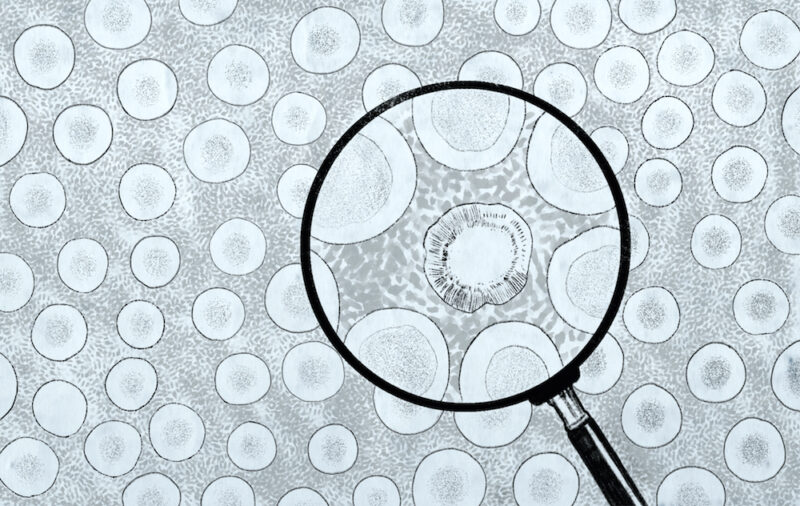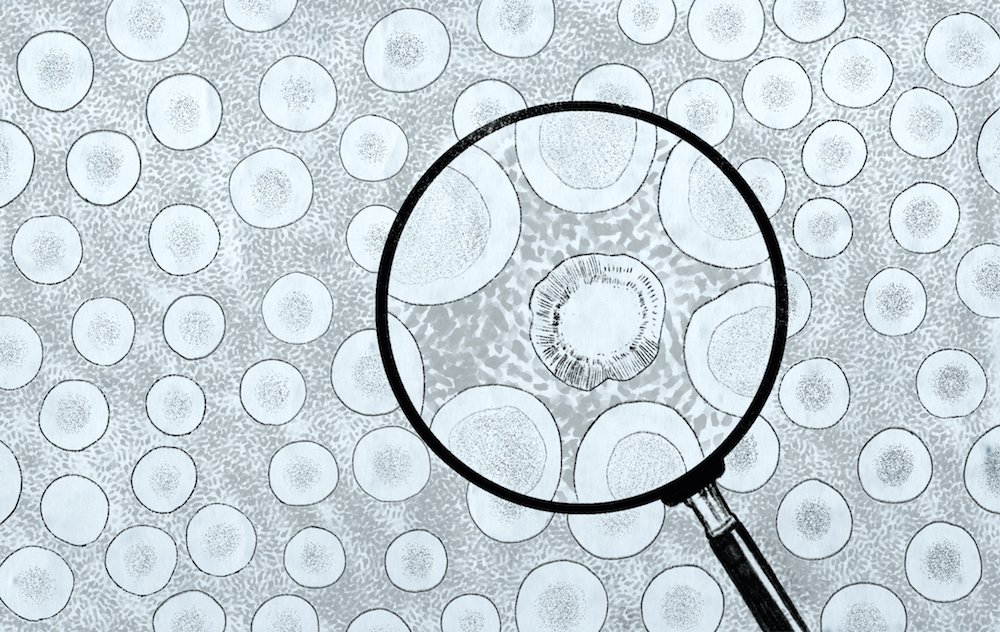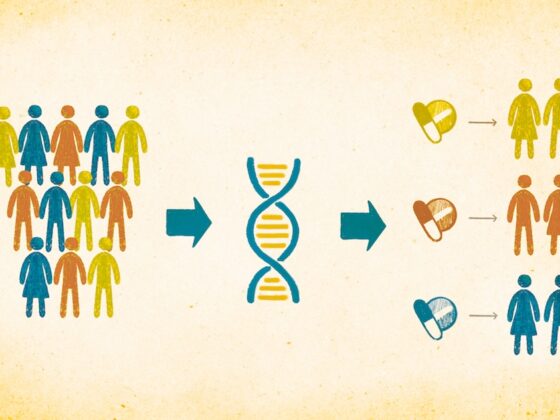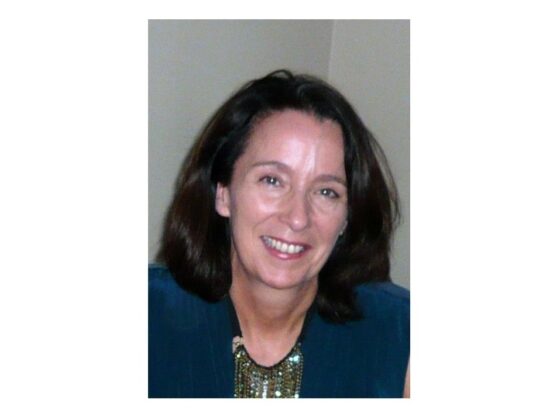Building on the existing Cancer Research UK (CRUK) Grand Challenges initiative, a broader international collaboration has now been forged in partnership with the National Cancer Institute (NCI) in the US. This new Cancer Grand Challenges has been launched to seek novel ideas to address the most profound unanswered research questions in cancer. The partnership, between the two largest funders of cancer research in the world, represents an important opportunity for scaling international team science to regain the momentum lost in cancer research from the COVID-19 pandemic.
“We need to take our understanding of cancer up a gear. Cancer Grand Challenges will allow the global research community to work in synergy together to make the advances that patients around the world need,” explained Nobel laureate Paul Nurse, Chair of the Cancer Grand Challenges Scientific Committee.
Ned Sharpless, Director of the US National Cancer Institute, added, “We believe that through international research collaboration we can open up new possibilities and go further than we could independently. This is a striking opportunity to leverage the experience of both organisations and encourage new and diverse teams of researchers to work together in innovative ways.”
As part of Cancer Grand Challenges, CRUK and NCI will set a selection of challenges for the global research community, addressing some of the biggest questions in the field. “These will be hard intractable problems, many of which have been confounding scientists for years,” said Michelle Mitchell, the CRUK chief executive. The challenges, which will be announced in October 2020, have been developed by the scientific committee, chaired by Paul Nurse, and are based on extensive consultation with research leaders and patients affected by cancer.
The current project builds on CRUK’s existing Grand Challenge, launched in 2017, which has provided seven teams featuring 73 research groups and spanning nine countries with $170 million. Milestones achieved by the current teams include identification of a strain of E. coli that may be implicated in up to 5% of colorectal cancer cases, and creation of a detailed breast cancer map revealing how genetic changes shape the physical tumour landscape.
Both Cancer Grand Challenges and its predecessor the CRUK Grand Challenge involve a number of key differences from conventional science funding, explained David Scott, the Director of Cancer Grand Challenges. “First this initiative is all about problem solving, the reason why researchers get into science in the first place; we set problems for the global community and it responds by forming teams to crack them. Second, Cancer Grand Challenges is truly international, with investigators having the freedom to collaborate with the very best people from different fields from all over the world. And finally, the huge scale of the funding on offer has the ability to really unleash the imagination.”
Josephine Bunch, from the National Physical Laboratory in Teddington, UK, who was awarded one of the 2017 CRUK Grand Challenge awards, said, “These are enormous awards with a very light touch from the organisers. They don’t specify the countries that can be involved or the amount of money allocated to consumables versus appointments. They allow you to work with partners from different institution regardless of whether they are from universities, national laboratories or pharmaceutical companies or at what stage they are in their careers.”
While writing her proposal for the Rosetta project, which uses a variety of new mass spectrometry imaging techniques and other technology to create 3 D representations of different tumours, was some of the hardest work she has ever undertaken, Bunch has no hesitation in recommending other investigators to submit applications. “The Grand Challenge scheme allows you to be the freest in your thinking and the most ambitious that you’ve ever been and to work with the most extraordinary people from different disciplines. These programmes are allowing us to train a whole generation of scientists to think in ways that have never been done before. There are fewer boundaries and everything is possible,” she said.












